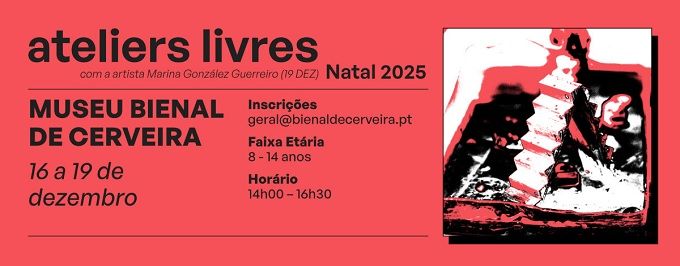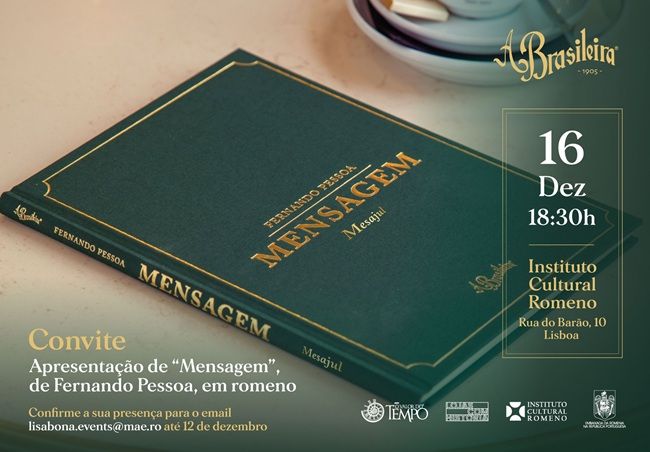Obras de referência da cultura portuguesa
"FELIZMENTE HÁ LUAR"
de LUIS STTAU MONTEIRO
A INTERPRETAÇÃO DA HISTÓRIA
Análise de Duarte Ivo Cruz
Tradução de Alexandra Leitão

Se comparamos "Felizmente Há Luar" com "O Render dos Heróis", para além dos sinais de convergência geracional, estética e histórica, não custa reconhecer, na peça de Sttau Monteiro uma maior consistência e rigor no ponto de vista do levantamento histórico: o que conduz a certa toada realista, que não prejudica, note-se bem, o teor épico-narrativo da peça.
De facto, a partir do episódio trágico da conspiração, prisão e morte de Gomes Freire de Andrade, é-nos proposto, com excelente qualidade dramatúrgica, uma menos ortodoxa dialética: e isto, não obstante desde logo a intervenção inicial de Manuel, "o mais consciente dos populares", dos outros "Vários populares", pano de fundo permanente e como tal coro de ligação, e mesmo de outros personagens – a Rita, mulher de Manuel, o Vicente "um provocador em vias de promoção", o "antigo soldado do regimento de Gomes Freire", ou "dois polícias iguais a todos os polícias"...
Mas o cerne do conflito, na perspetiva épica e no conteúdo histórico e político, que confere a tal toada realista, está nos "três conscienciosos governadores do reino" D. Miguel Pereira Forjaz, General Beresford e Principal Sousa além de personagens de envolvimento direto na situação histórica e ainda de Matilde, mulher do Gomes Freire - o qual não entra em cena...
E nesse plano, a peça ganha expressões próximas do realismo, a partir de uma notável linguagem teatral, que, no texto, é completada por didascálias que podem constituir verdadeiros textos a cargo de um narrador, o que reforça o carácter épico-narrativo da tragédia. Tal como de certo modo, alguns extensos monólogos, com destaque para os de D. Miguel Pereira Forjaz que marcam de forma mais ou menos sub-reptícia, mas mais ou menos clara, a ligação à realidade política da época da criação. Por exemplo:
"D. Miguel – "Para que o país não se levante em defesa dos conjurados há que prepará-lo previamente. Há gente, senhores, que sente grande ardor patriótico sempre que os seus interesses estão em perigo. Há que provocar esse ardor. Há que pôr os frades, por esse país fora, a bramar nos púlpitos contra os inimigos de Deus. Há que procurar em cada regimento um oficial que se preste a dizer aos soldados que a Pátria está ameaçada pelo inimigo de dentro. Há que fazer tocar os tambores pelas ruas para se criar um ambiente de receio. Os estados emotivos, senhores Governadores, dependem da música que se tem no ouvido".
A dialética surge no confronto com os populares, mas os grandes corifeus dessa categoria estão inquinados também pela miséria e pelo oportunismo que a sobrevivência exige. Daí que, num teor que resvala do épico para o realismo e deste para o lirismo, o grande contraponto surja na personagem exemplar de Matilde, "companheira de todas as horas" de Gomes Freire de Andrade, e sobretudo no requiem à execução:
"Matilde – "Olha meu amor, a tua glória! Vê-a bem, minha vida, porque, quando a fogueira se apagar, tens de te ir embora... Eu não vou contigo, mas verás que é por pouco tempo, isso pelo menos me dará Deus... Mais uns instantes, meu amor, e votarás a ouvir tambores! Desta vez, porém, as fanfarras serão em tua honra... Estão todos à tua espera, meu homem. Oiço-os ao longe, a falar de ti... Olha: já estão formados!"
E o "recado" político final – escrito em 1961:
"Julguei que isto era o fim e afinal é o princípio. Aquela fogueira, António, há-de incendiar esta terra! O. Adeus, meu amor! Adeus! Adeus! Adeus! Adeus!". E, ("para o povo" diz a didascália) – Olhem bem! Limpem os olhos no clarão daquela fogueira e abram as almas ao que ela nos ensina! Até a noite foi feita para que a vísseis até ao fim... felizmente – felizmente há luar!"
"FELIZMENTE HÁ LUAR" by LUIS STTAU MONTEIRO
THE INTERPRETATION OF HISTORY
If we compare “Felizmente Há Luar” with “O Render dos Heróis”, setting aside the signs of generational, aesthetic and historic convergence, it is not hard to see that Sttau Monteiro’s play has greater consistency and precision from the point of view of the historical survey, which leads to a certain realist tone that does not damage the play’s epic content.
Starting with the tragic episode of the conspiracy, imprisonment and death of Gomes Freire de Andrade, we are offered a less orthodox dialectic of great dramatic quality. This occurs despite the initial intervention by Manuel, “That most conscious member of the populace”, other people, who serve as a permanent backcloth and a connecting chorus, and even the other characters – Rita, Manuel’s wife, Vicente “a provocateur on the way up”, the “soldier from Gomes Freire’s regiment”, or “two policemen like all policemen”. The heart of the conflict, from the epic perspective and in its historic and political content (that gives it that realist tone), lies in the “three conscientious rulers of the realm”, D. Miguel Pereira Forjaz, General Beresford and Principal Sousa, as well as characters who were directly involved in the historic situation and also Matilde, the wife of Gomes Freire, who never comes onstage.
On this level, the play comes close to realism, with remarkable theatrical language which is finalised in the text by stage directions that can constitute texts by a narrator, which reinforces the epic nature of the tragedy, as do some of the extensive monologues, such as those by D. Miguel Pereira Forjaz, which more or less surreptitiously and more or less clearly mark the connection with the political reality of the time when it was written. For example: “D. Miguel – So that the country does not rise up to defend the conspirators we must prepare it previously. There are people, gentlemen, who feel great patriotic fervour whenever their interests are in danger. We must provoke that fervour. We must put all friars throughout the country clamouring in the pulpits against the enemies of God. In each regiment we must seek an officer who is prepared to tell his soldiers that the Motherland is threatened by an enemy within. We must ensure that the drums roll in the streets to create an ambience of fear. Emotional states, gentlemen, depend on the music in your ears”.
The dialectic appears in the confrontation with the people, but the major chorus leaders of this category are damaged also by misery and by the opportunism that survival demands. Hence, in a style that veers from epic to realistic and from there to lyricism, the major counterpoint is in the exemplary figure of Matilde, “the companion for all hours”, of Gomes Freire de Andrade, and above all in the requiem to the execution: “Matilde – Look my love, your glory! Gaze on it well, my life, because when the fire goes out you will have to leave. I am not going with you, but you will see that it won’t be for long, that at least God will grant me. A few moments more, my love, and you will hear the drums again! This time, however, the fanfare is in your honour. They are all waiting for you, my love. I hear them in the distance, speaking of you. Look! They are in formation”.
And the final political “message”, written in 1961:
“I thought this was the end and in fact it is the beginning. That fire, António, will burn this earth! Oh, goodbye my love. Goodbye. Goodbye. Goodbye. And (addressing the people) – Look. Wipe your eyes in the heat of that bonfire and open your souls to its teachings! Even the night was made so that you could look at it till the end… happily, happily there is a moon!”
projeto desenvolvido pelo Centro Nacional de Cultura
com o apoio do Ministério da Cultura

 Divulgue aqui os seus eventos
Divulgue aqui os seus eventos














